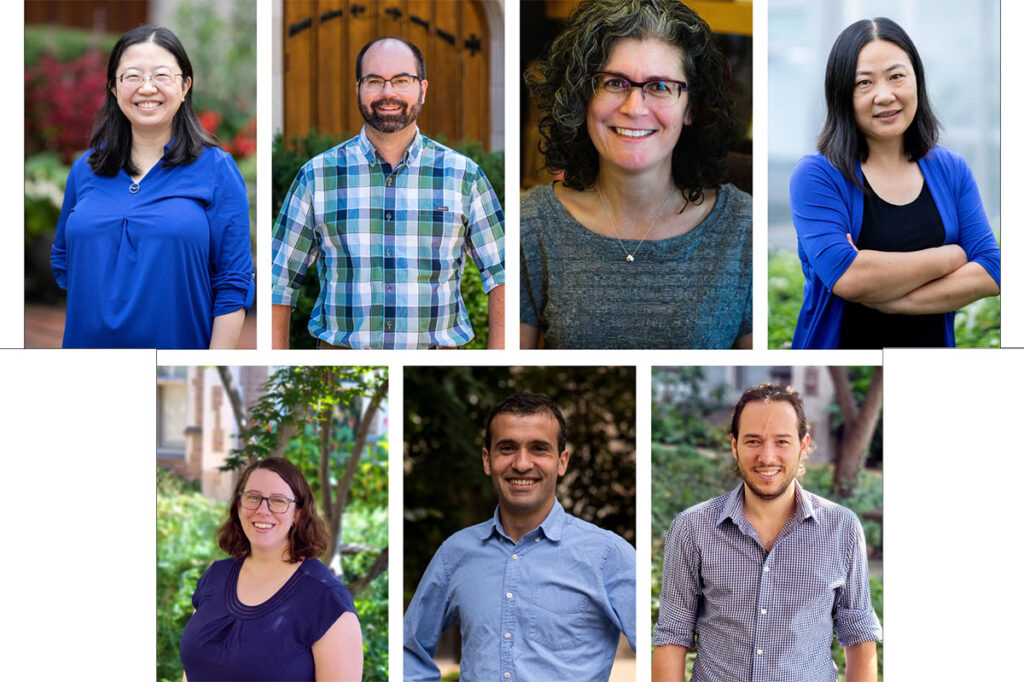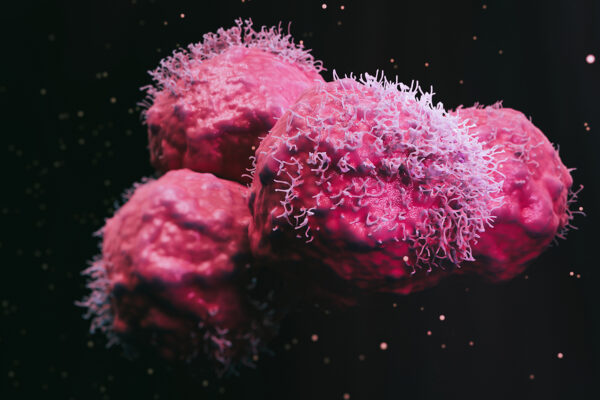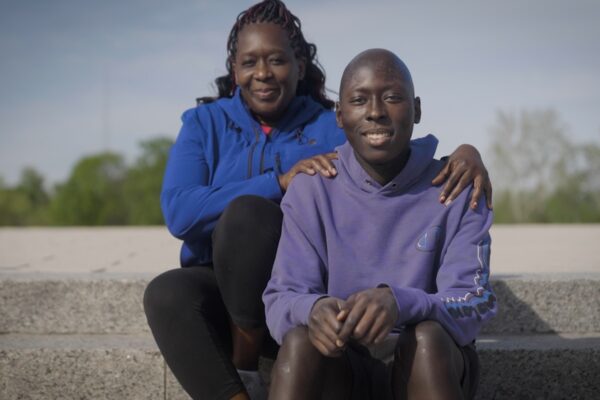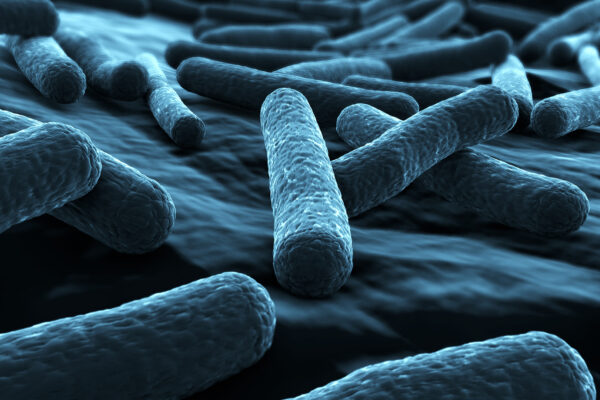Several faculty members at Washington University in St. Louis have received Maximizing Investigators’ Research Awards (MIRA) from the National Institutes of Health (NIH). Collectively, the awards total nearly $22 million.
MIRAs provide experienced and early-stage researchers greater funding stability and flexibility to encourage long-term, high-potential projects, according to the NIH.
Seven members of the Department of Biology in Arts & Sciences are among the 2025 recipients. Two members of the WashU Medicine faculty also received MIRA awards.
“The unprecedented number of NIH MIRA awards is a testament to the outstanding research led by biology faculty across career stages,” said Ram Dixit, a professor and chair of biology. “Thanks to their innovative science and hard work, Biology is well on its way to a banner year from a research funding standpoint.”

Joshua Blodgett, an associate professor of biology, was awarded nearly $2 million over five years for his project “Understanding metabolic and regulatory control of antibiotic production in filamentous actinobacteria.” The award will allow him to study the natural machinery that allows certain types of Gram-positive bacteria commonly found in the soil to produce bioactive compounds, including antibiotics that form the basis of more than half of the clinical antibiotics in use today.

Yuriy Kirichok, a professor of biochemistry and molecular biophysics at WashU Medicine, received a five-year, nearly $3.7 million renewal grant for his research titled “Molecular biophysics of mitochondrial membranes.”
Petra Levin, the George William and Irene Koechig Freiberg Professor of Biology, received a renewal of more than $2.3 million through 2028 for “Environmental regulation of bacterial cell growth and division,” a five-year project that started in 2023. By understanding how bacteria adapt to the physicochemical environment, Levin hopes to reveal novel approaches for the treatment of bacterial pathogens and identify targets for the development of next-generation therapeutics.
Timothy M. Lohman, the Marvin A. Brennecke Professor of Biophysics and a professor of biochemistry and molecular biophysics at WashU Medicine, received a five-year $4.1 million renewal award for his research titled “Mechanisms of helicases, translocases and SSB proteins involved in genome maintenance.”
Liz Mallott, an assistant professor of biology, received more than $1.9 million over five years for her project “Investigating the mechanisms driving host-associated microbial community dynamics.” Mallott is examining the gut microbiomes of humans and Sri Lankan langur monkeys to understand the factors that drive normal variation in the microbiome and how disease affects bacterial communities.
Ben Mansfeld, an assistant professor of biology, won an award of more than $2.1 million over four years for his project “Rhythms of resistance: Unraveling the impact of natural circadian variation on immunity.” The project will use transcriptional, biochemical and epigenetic experiments to study how the internal clocks of plants guide their defenses against pathogens.
Jennifer Wang, an assistant professor of biology, received more than $2.1 million over five years for her project “Molecular mechanisms of compound microtubule structure and function.” The award will allow her to study the molecular mechanisms behind the assembly and functions of centrosomes, organelles involved in cell division, signaling and motility.
Hani Zaher, a professor of biology, received nearly $2.8 million over four years for his project “The role of the ribosome and translation factors in mediating stress signaling.” This project examines the ribosome as a key player in the quality control processes responsible for recognizing damaged RNAs. The work is likely to have a broad impact on our understanding of the cellular response to damaging agents.
Xuehua Zhong, a professor of biology, received more than $850,000 over two years to continue her project “Epigenetic regulation of genome integrity, environmental interaction and inheritance.” Her project seeks to understand the molecular mechanism of epigenetic regulation — the process that switches certain genes on or off — in plants. She is also studying how adaptations in the epigenome affect developmental and physiological conditions, including environmental stressors such as increases in temperature.


